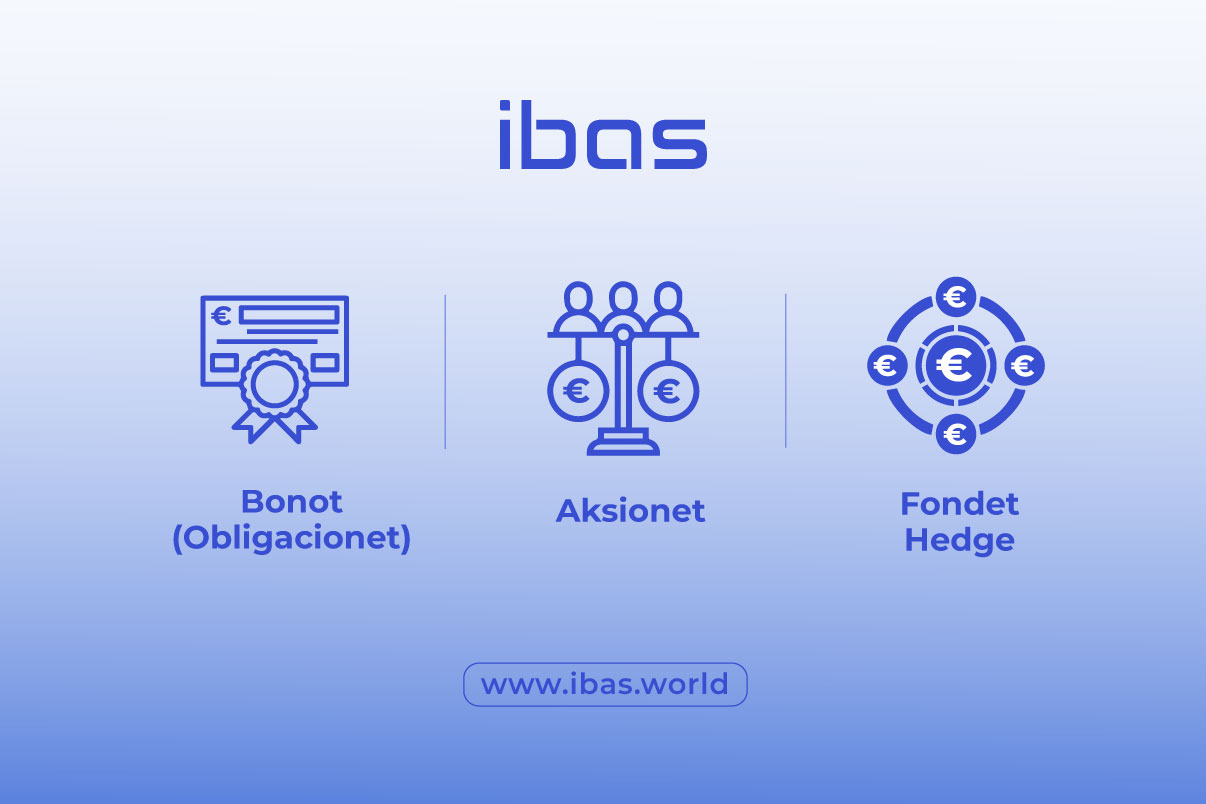In the financial world, both individuals and businesses often seek ways to grow their capital. One of the most common methods is investing in financial instruments. However, to make the right decision, it is important to understand the advantages and disadvantages of each type of investment.
This publication highlights the key benefits and challenges of investing in the most well-known financial instruments, including bonds, stocks, investment funds, and alternative instruments such as hedge funds and private equity.
1. Bonds
Bonds represent a debt instrument where investors lend money to a corporation, institution, or government in exchange for periodic interest payments and repayment of the principal at maturity.
Advantages:
- Low Risk: Especially for government bonds or secured bonds, the risk is minimal compared to other investments, making them suitable for conservative investors.
- Stable Income: Bonds provide regular interest payments, offering predictable income, often higher than traditional bank deposits.
- Diversification: Including bonds in your portfolio helps balance risk and stabilize returns.
- Resale or Collateral: Bonds are usually tradable on secondary markets or can be used as collateral for other financial products.
Disadvantages:
- Lower Returns: Compared to stocks or alternative funds, bonds generally offer lower returns with a relatively lower risk.
2. Stocks
Stocks represent ownership in a company. By buying shares, you become a shareholder and benefit from company growth and potential dividend payouts.
Advantages:
- High Growth Potential: Stocks can offer high returns, especially in companies with sustainable growth.
- Dividends: Some companies pay dividends, adding to investment income.
- Liquidity: Stock markets usually provide high liquidity, allowing quick buying and selling.
Disadvantages:
- High Risk: Stock values can fluctuate significantly, and investors may lose part or all of their investment if a company fails.
- Time Horizon: Stocks often require a longer-term horizon to realize significant returns, as markets can be volatile in the short term.
3. Investment Funds
Investment funds allow you to invest in a diversified portfolio of stocks, bonds, and other financial instruments, managed by professionals.
Advantages:
- Automatic Diversification: A fund invests in multiple instruments, reducing individual investment risk.
- Professional Management: Managed by experts, allowing you to benefit from their market knowledge.
- Lower Costs: Some funds have lower management fees compared to individual investments.
Disadvantages:
- Management Fees: Some funds may have high fees that reduce net returns.
- Limited Returns: Diversification reduces risk but also limits the potential for very high returns from individual investments.
4. Hedge Funds and Private Equity
These alternative instruments are usually available to institutional investors or high-net-worth individuals. Hedge funds use complex strategies to generate high returns, while private equity focuses on investing in private companies.
Advantages:
- High Potential Returns: These strategies can yield very high returns for investors willing to accept significant risk.
- Advanced Diversification: Hedge fund investors gain access to strategies and instruments unavailable in traditional markets.
Disadvantages:
- High Risk: Use of leverage and complex strategies increases the risk of loss.
- High Fees: Hedge funds often charge high management and performance fees that can reduce profits.
- Limited Liquidity: Many funds have long lock-up periods, restricting immediate access to capital.
IBAS, as a licensed financial institution and investment advisor by the Central Bank of Kosovo, offers a wide range of investment solutions tailored to your financial goals.
To make an informed choice, it is important to:
- Define a clear investment strategy
- Assess your risk tolerance
- Consider your investment time horizon
- Set your financial objectives
If you are interested in investing, complete the form below, and our specialized team will contact you immediately to discuss your investment opportunities and potential returns.





